MOVIE REVIEW – Juror No. 2 is a classic thriller in every sense of the word—its implausible twists notwithstanding, it manages to maintain suspense throughout. Clint Eastwood, now 94, once again demonstrates his directorial prowess, proving that he’s still one of the masters of his craft. The legendary actor-turned-director’s latest film recently landed on MAX, where we had the chance to watch it.
Eastwood’s 40th (!) film behind the camera delivers a unique courtroom melodrama that explores the fragile nature of justice, the limitations of the legal system, and the ethical question of when it becomes necessary to take matters into one’s own hands. At the center of the story is Justin Kemp (Nicholas Hoult), an average man thrust into the role of a juror in a high-profile murder trial, only to discover that he might be personally implicated in the crime.
The film’s unpredictability holds the audience’s attention right up to its final moments, guided by Eastwood’s signature no-frills approach to storytelling. Its simple yet profound narrative appeals not only to fans of legal dramas but also to those drawn to stories about complex moral dilemmas.
Blinded by Justice
Set in the serene suburbs of Georgia, Justin Kemp (Nicholas Hoult) and his wife Ally (Zoey Deutch) are eagerly awaiting the birth of their first child. To surprise Ally, Justin unveils a freshly decorated nursery, leading her into the room blindfolded to amplify the moment’s excitement. Later, a seemingly mundane incident occurs: Ally accidentally turns off the kitchen lights while Justin is still tidying up. These small moments, though understated, subtly foreshadow the film’s central themes—the tension between perception and understanding—symbolized by the blindfolded Lady Justice.
While preparing for fatherhood, Justin faces mounting anxiety, which is only exacerbated when he’s summoned for jury duty at a critical time. Despite his best efforts to be excused, he is ultimately chosen as one of the 12 jurors tasked with deciding the fate of James Sythe (Gabriel Basso), a man accused of brutally murdering his girlfriend, Kendall Carter (Francesca Eastwood), following a heated argument outside a bar on a stormy night.
Prosecutor Faith Killebrew (Toni Collette) asserts that James, in a fit of rage, followed Kendall into the night, attacked her, and threw her body over a bridge railing. Her body was discovered the next day by a hiker. Faith builds her case meticulously, relying on eyewitness accounts and circumstantial evidence to paint James as the murderer.
Caught Between Ambition and Ethics
For Faith Killebrew, this trial is not just about justice—it’s a critical stepping stone in her campaign for district attorney. Determined to secure a conviction, she spares no effort to prove James’s guilt. Opposing her is a public defender (Chris Messina), a close friend who believes wholeheartedly in James’s innocence and suggests that Faith’s political ambitions might be clouding her pursuit of justice.
James maintains his innocence in court, offering a version of events that contradicts eyewitness testimony and a statement from an elderly man who claims to have seen James standing on the bridge where Kendall’s body was found. While Faith’s arguments seem convincing, the film quickly makes it clear that James is not the killer.
Meanwhile, Justin wrestles with his own memories of that fateful night. Driving home, he recalls hitting something—or someone—with his car. At the time, he assumed it was an animal, especially given the “Deer Xing” sign nearby. However, as the trial unfolds, Justin begins to suspect that he may have struck Kendall.
This devastating realization thrusts Justin into a moral and legal dilemma. Should he stay silent to protect his freedom, or confess and clear James’s name? The tension between self-preservation and doing what’s right drives much of the film’s emotional weight.
A Twisted Version of 12 Angry Men
The situation Justin finds himself in is one of those almost-too-cinematic scenarios: Juror No. 2 becomes a morally ambiguous take on 12 Angry Men. After confiding in a lawyer friend (Kiefer Sutherland), who warns him that a confession could lead to a 30-year prison sentence, Justin begins trying to convince his fellow jurors of James’s innocence—all while keeping his own guilt hidden. Balancing on a tightrope of legal and moral obligations, Justin initially faces resistance, as most jurors are firmly convinced of James’s guilt.
Among those swayed by Justin’s arguments is Harold (J.K. Simmons), a florist whose seemingly unassuming demeanor belies his past as a retired police officer. Harold begins to suspect that James isn’t the violent type, and another juror posits the possibility that Kendall might have been killed in a hit-and-run incident.
Jonathan Abrams’s screenplay is sharp and efficient, walking a fine line to make Justin’s predicament feel plausible. While Justin’s behavior occasionally borders on the naive, his ethical struggle generates palpable tension. Harold’s unofficial investigation raises Faith’s suspicions, further complicating matters for James. Meanwhile, Nicholas Hoult skillfully portrays Justin’s inner turmoil, capturing the conflict between his desire for freedom, his belief in his own decency, and his guilt over potentially ruining an innocent man’s life.
A Master’s Farewell?
Clint Eastwood proves once again that few directors can rival his ability to tackle profound moral questions on screen. He avoids melodrama and theatrics, drawing understated yet impactful performances from his cast while maintaining a steady focus on the story’s ethical and personal stakes. The film’s craftsmanship is elevated by Yves Bélanger’s cinematography and Mark Mancina’s score, which provide a polished yet subtle backdrop for the narrative.
Juror No. 2 masterfully examines the eternal struggle between selfishness and selflessness, a fundamental tension in any democratic institution. Eastwood, who once embodied the archetype of the lone vigilante in his Dirty Harry films, has spent much of his career exploring the impact of justice, honor, and violence on both individuals and society.
For Eastwood, the world has never been black and white—a perspective he cemented in his revisionist Westerns of the ’60s and ’70s. If this film marks the end of his illustrious career, it is a fitting conclusion: a work of elegance, intelligence, and complexity that raises profound questions without offering easy answers.
– Gergely Herpai „BadSector”-
Juror No. 2
Direction - 8.4
Actors - 8.2
Story - 8.1
Visuals/Music/Sounds - 7.8
Ambience - 8.2
8.1
EXCELLENT
With Juror No. 2, Clint Eastwood reaffirms his mastery of crafting human dilemmas on screen. The film strikes a delicate balance between themes of justice and selfishness, drawing audiences in with its straightforward yet deeply contemplative storytelling. If this truly is Eastwood’s final act, it stands as a dignified and well-earned farewell.

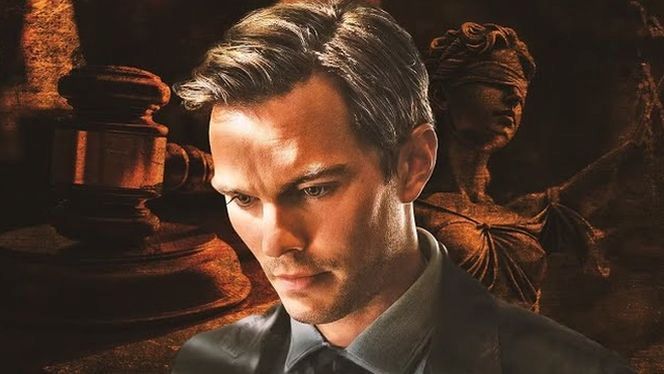
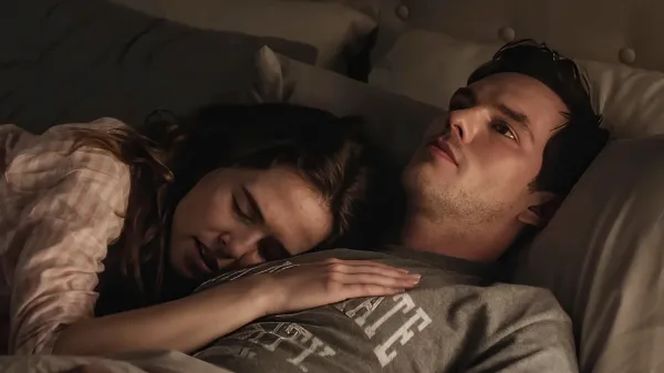
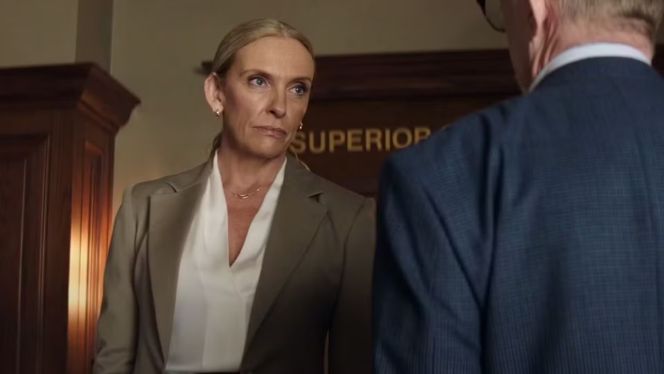
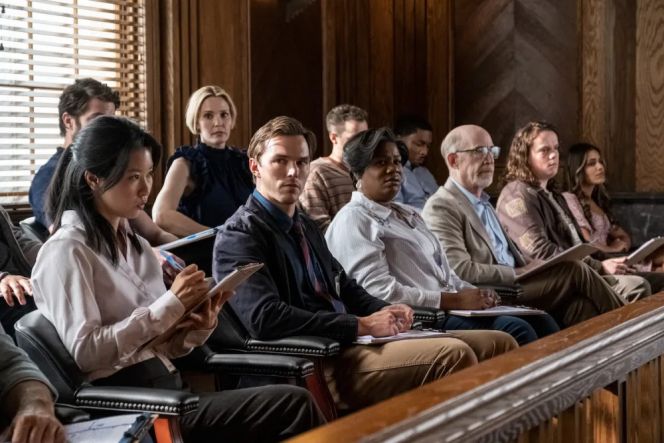










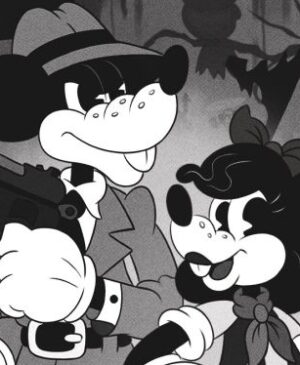
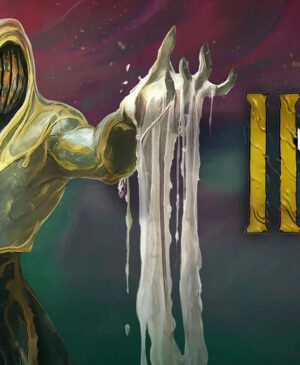


Leave a Reply